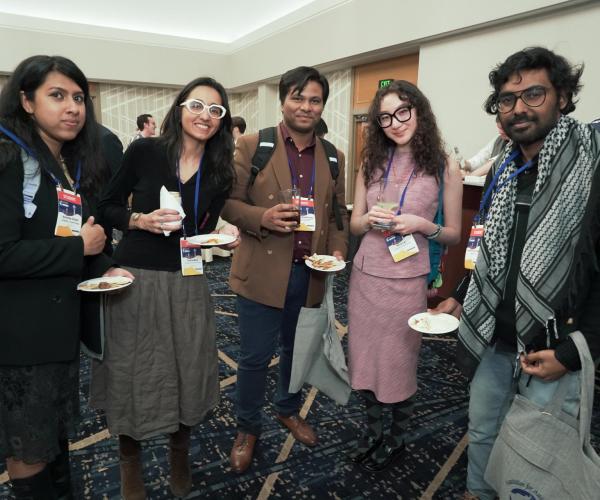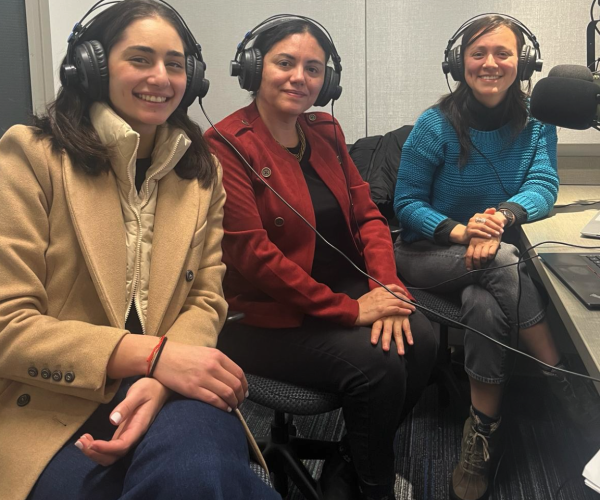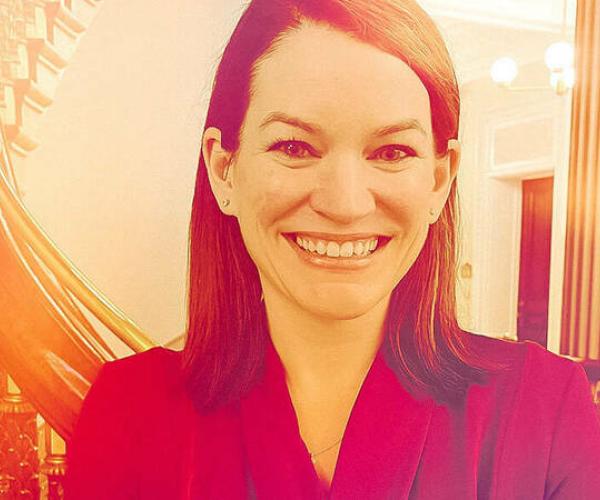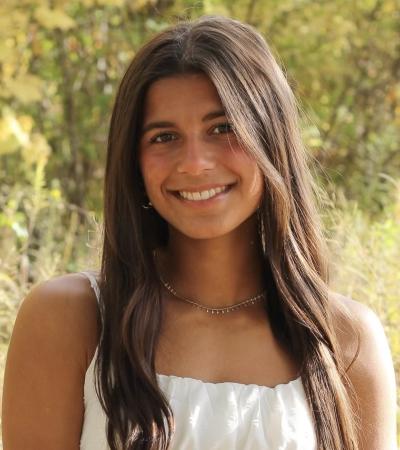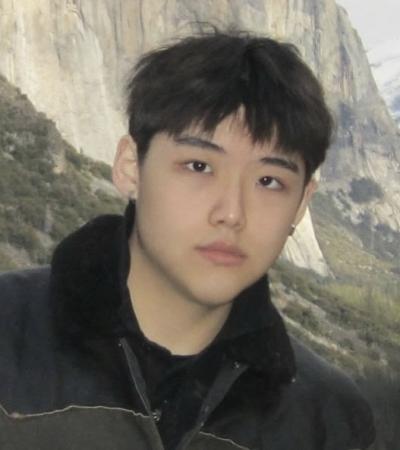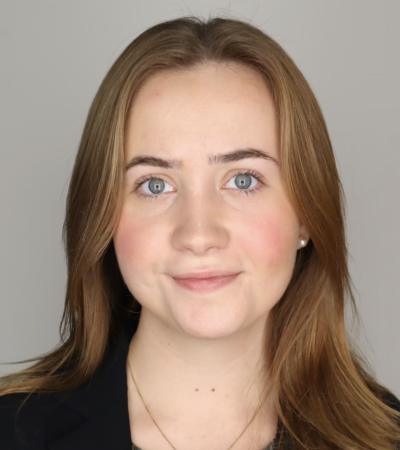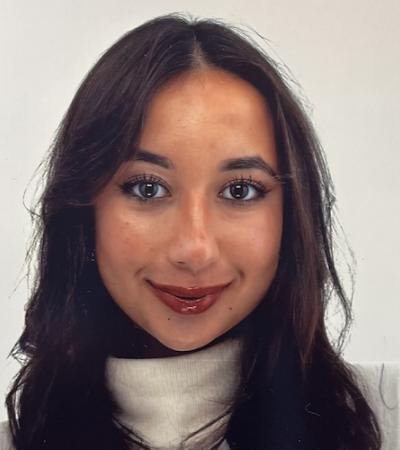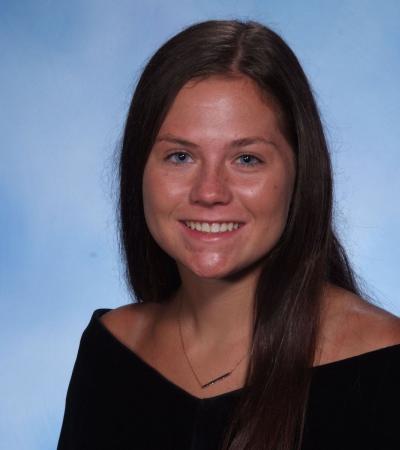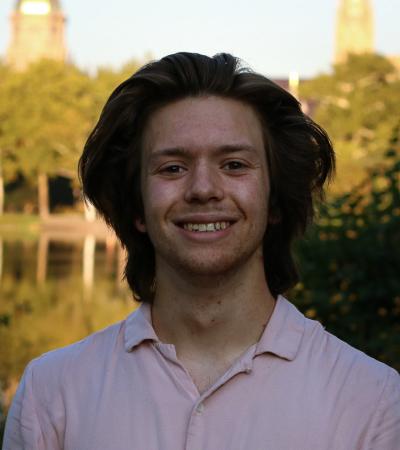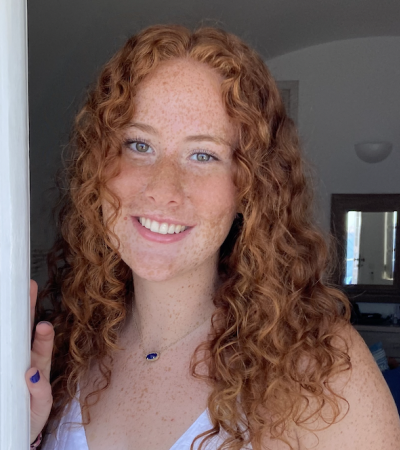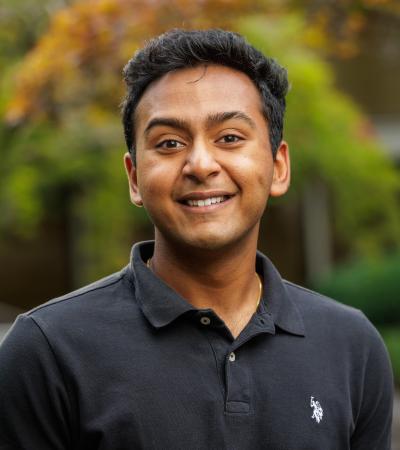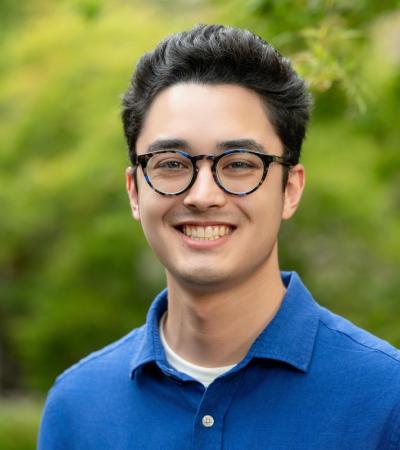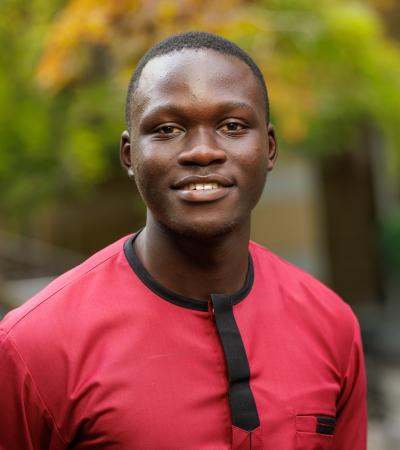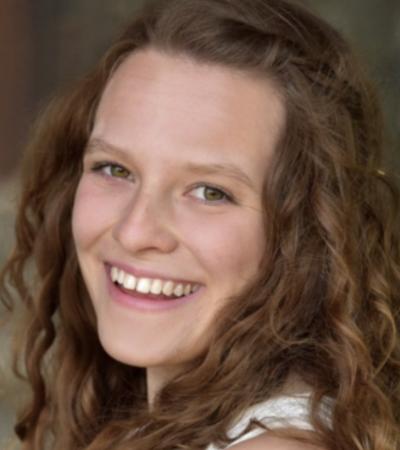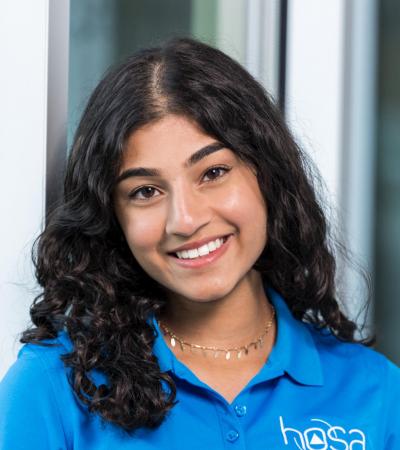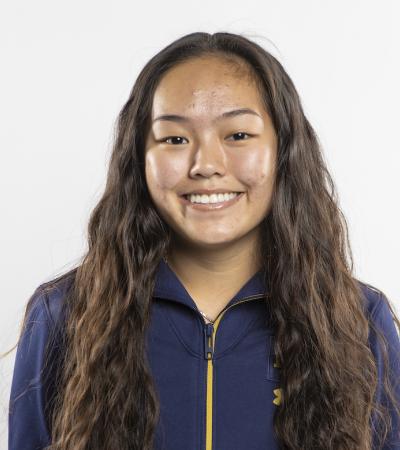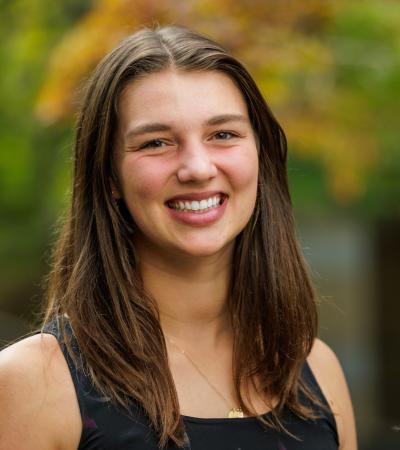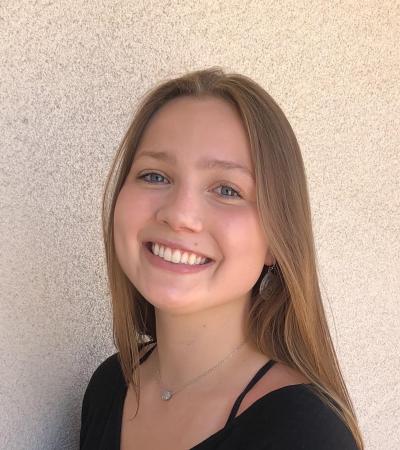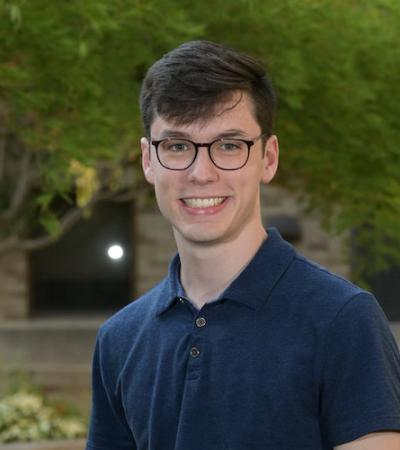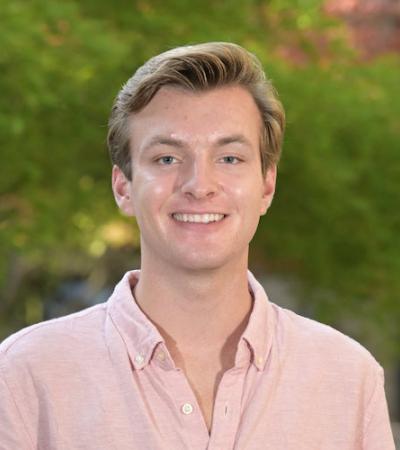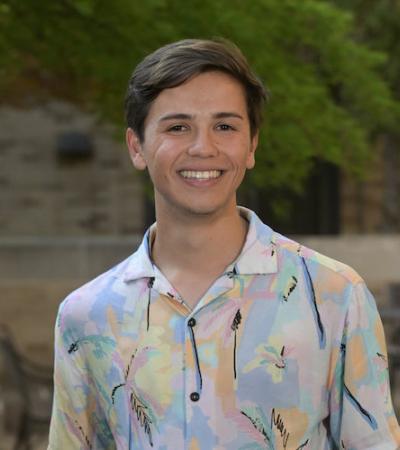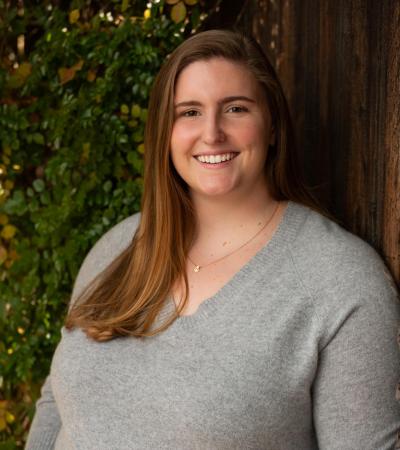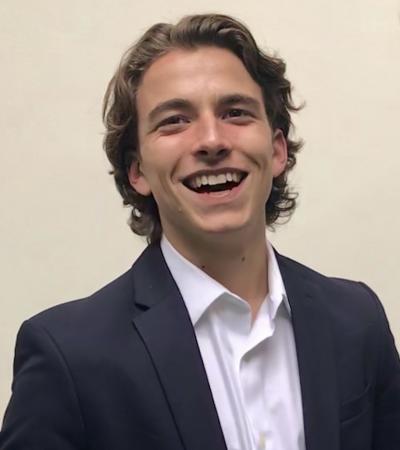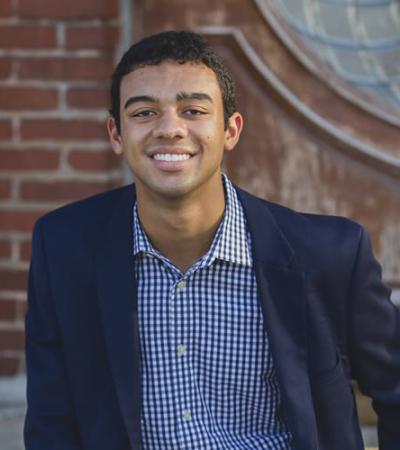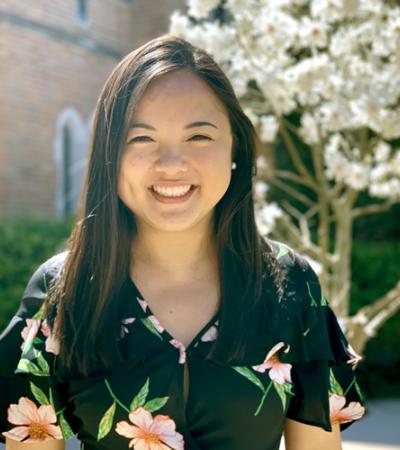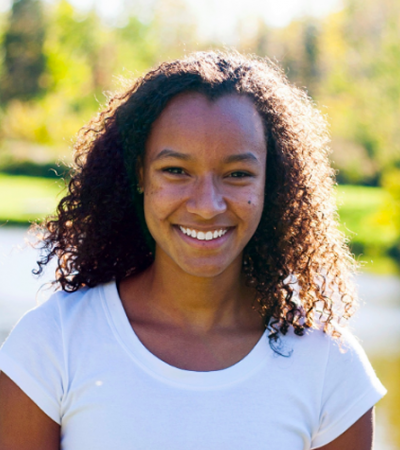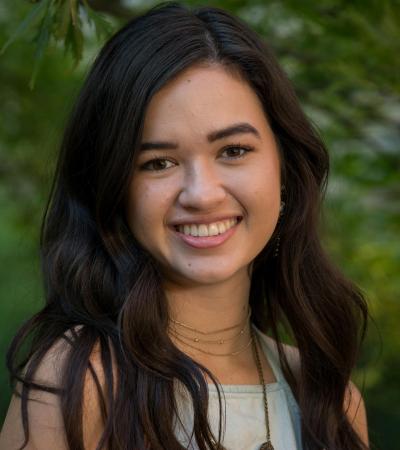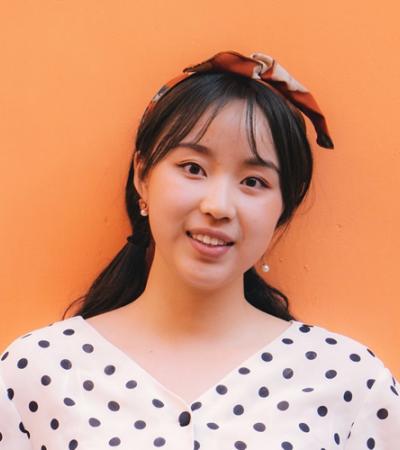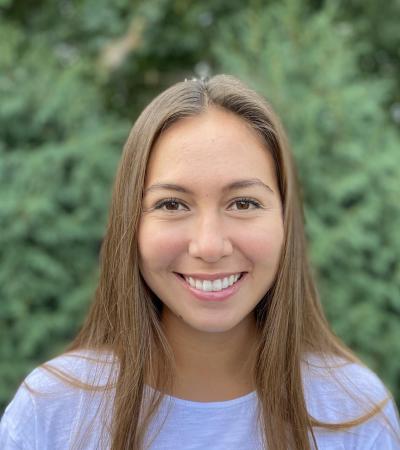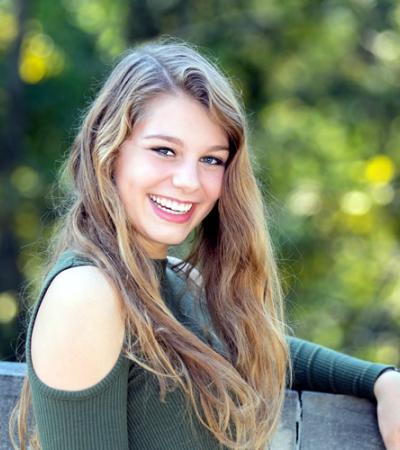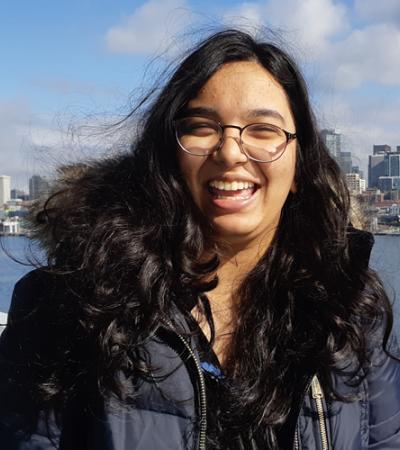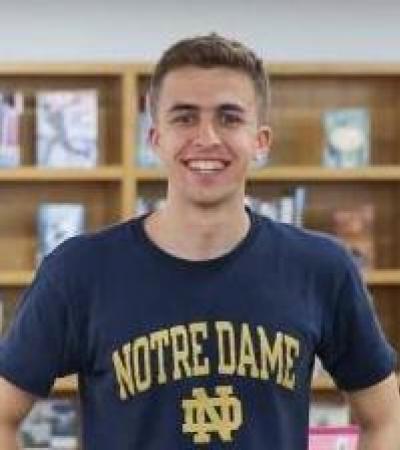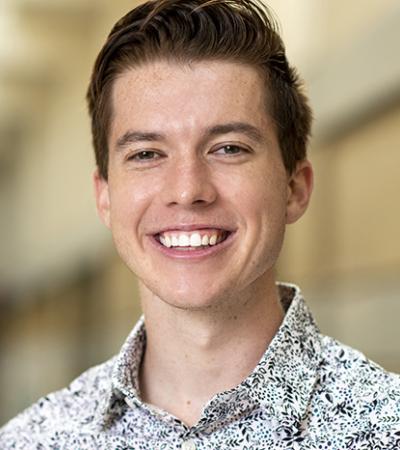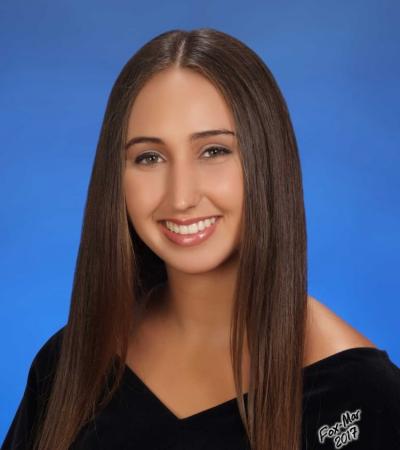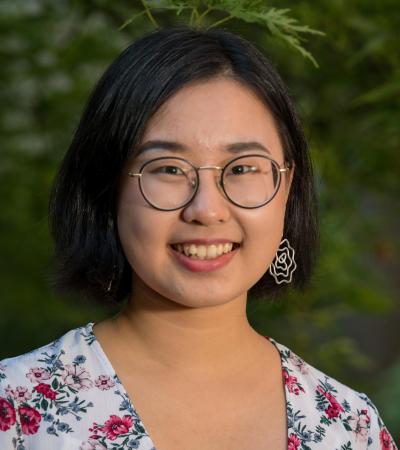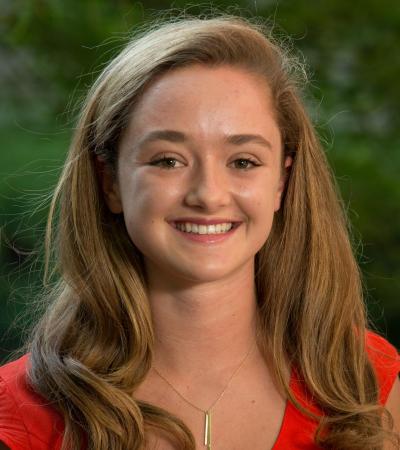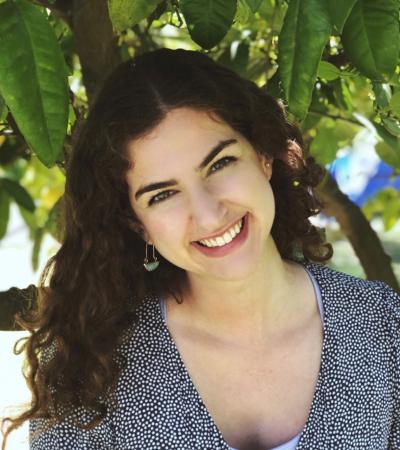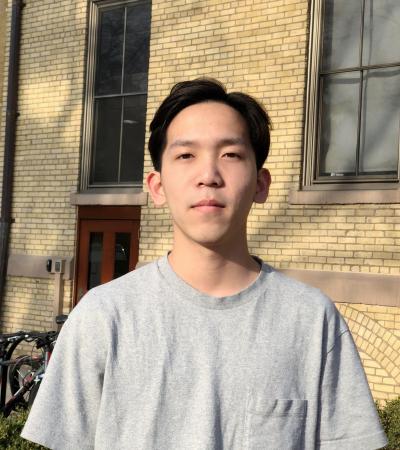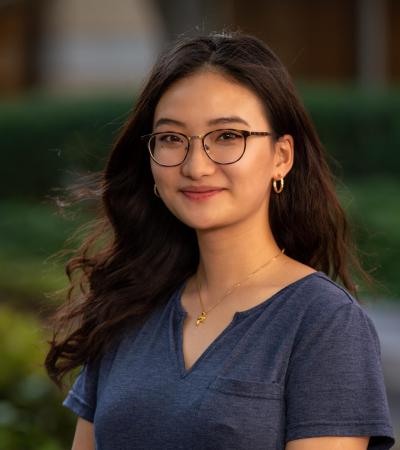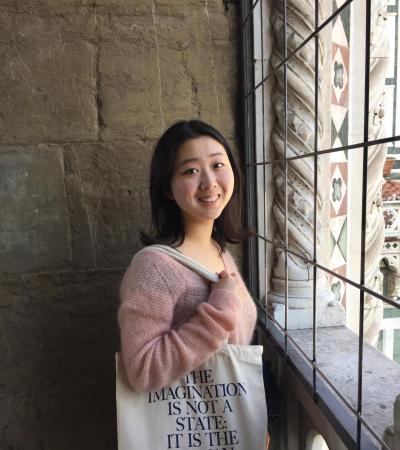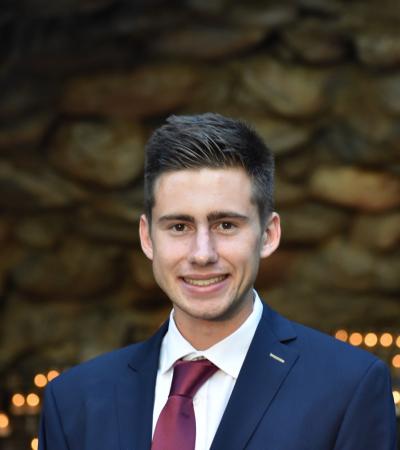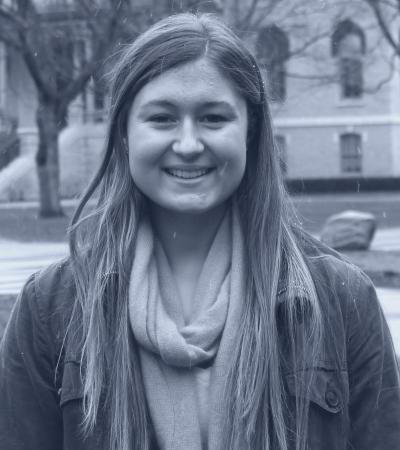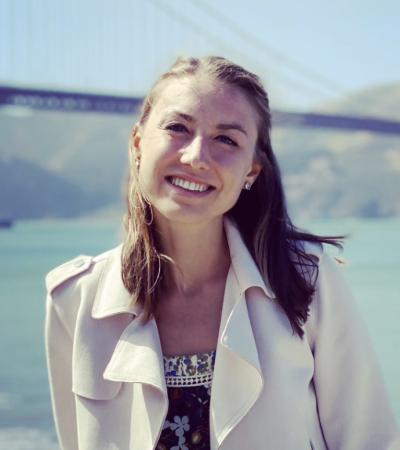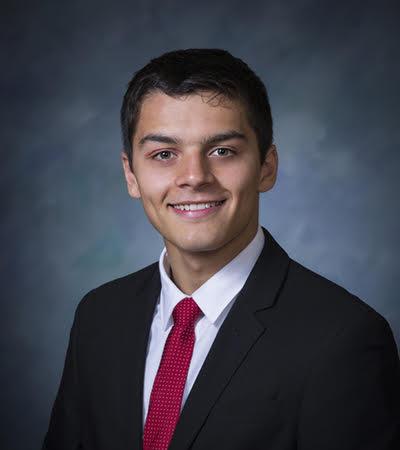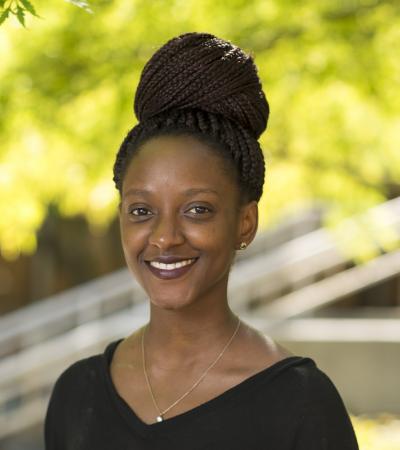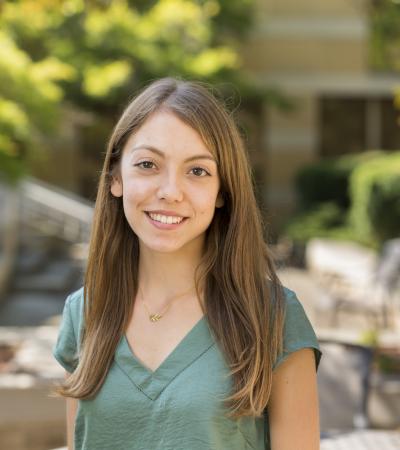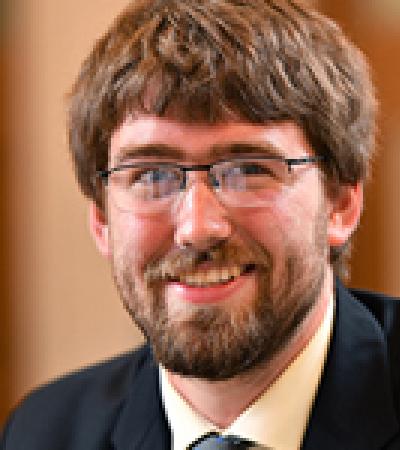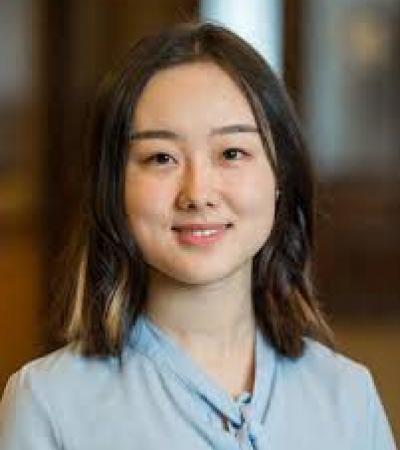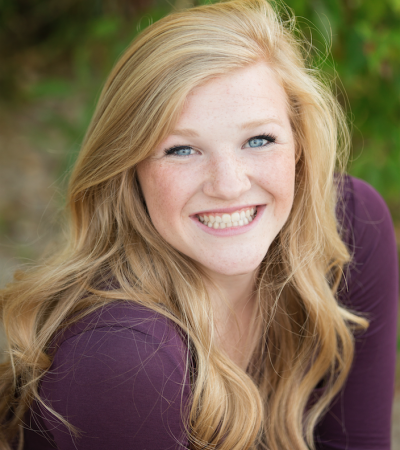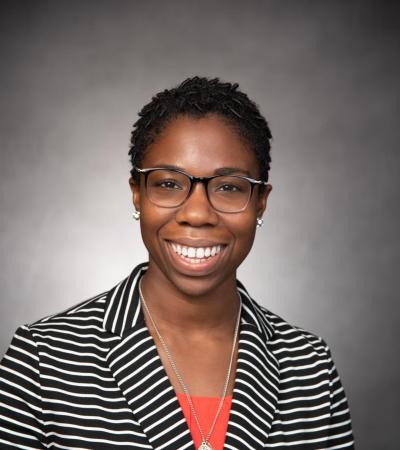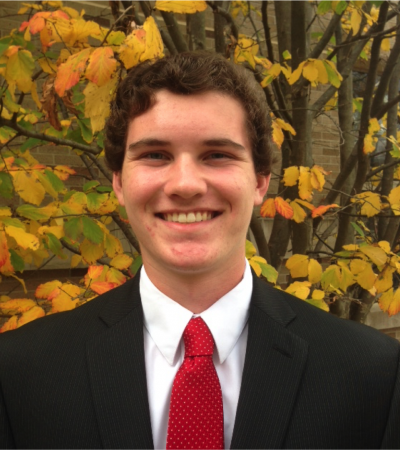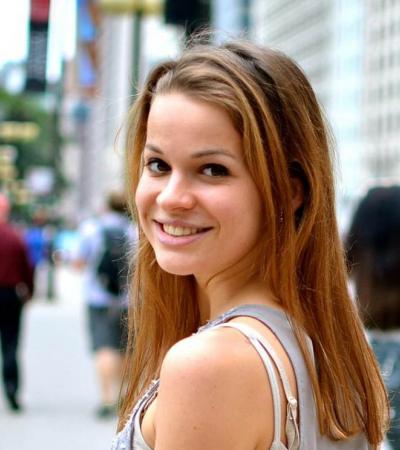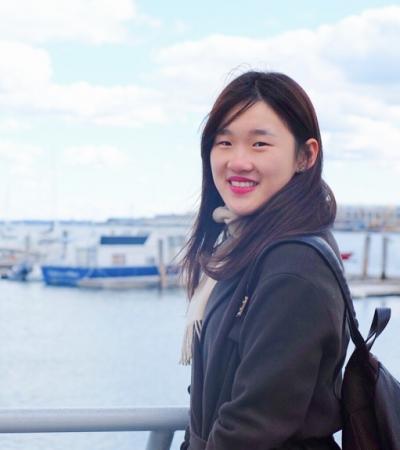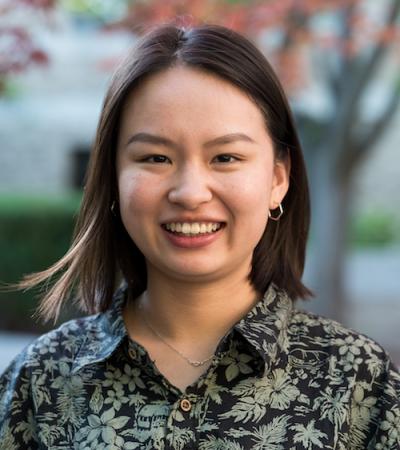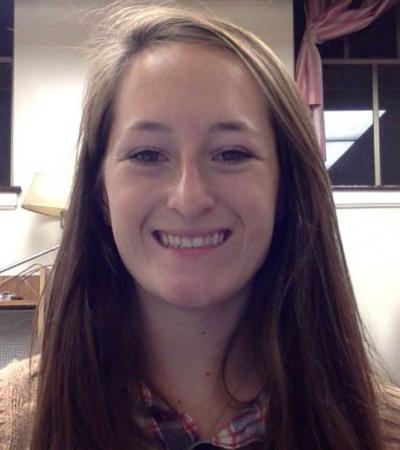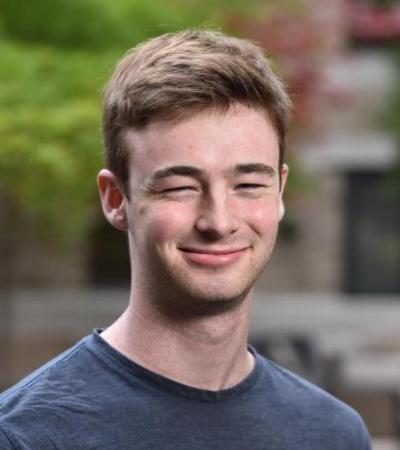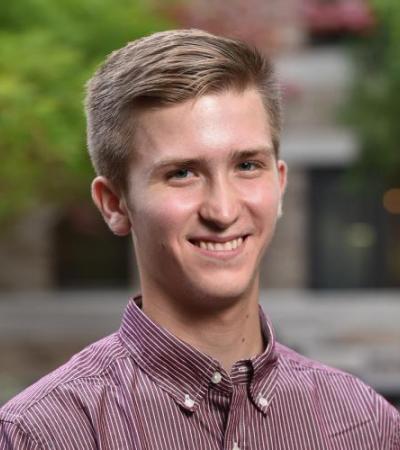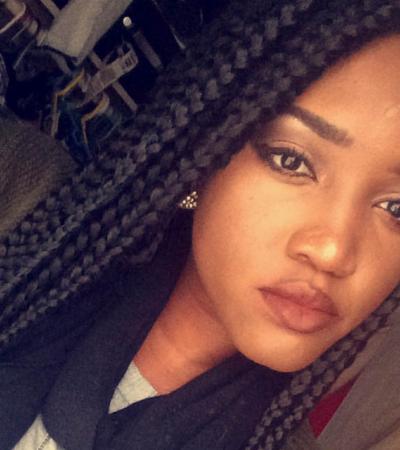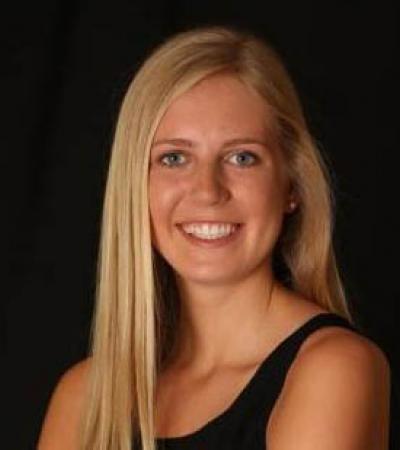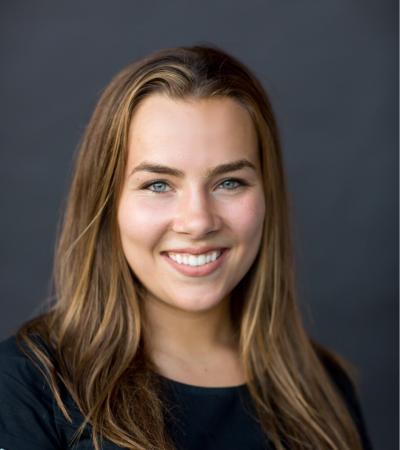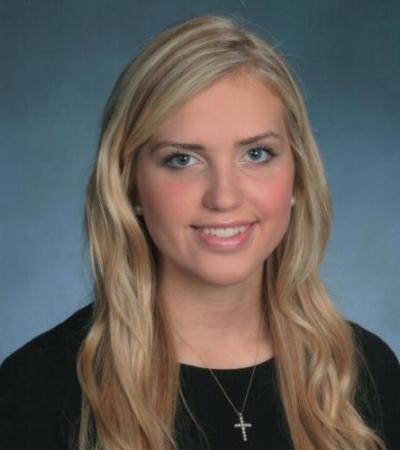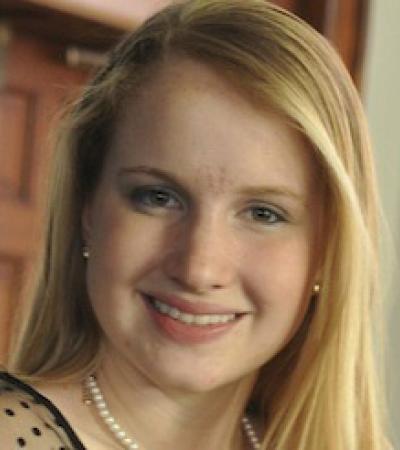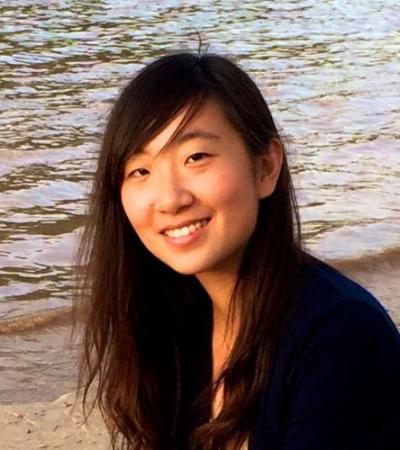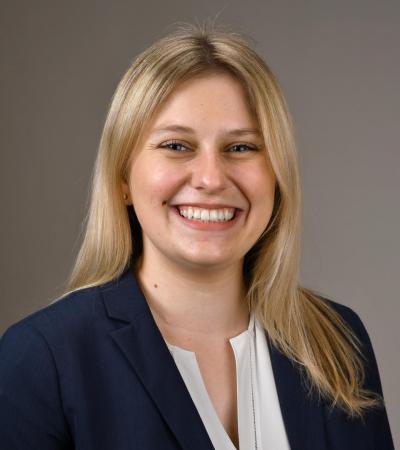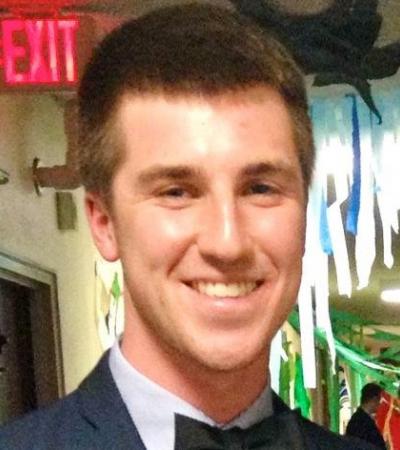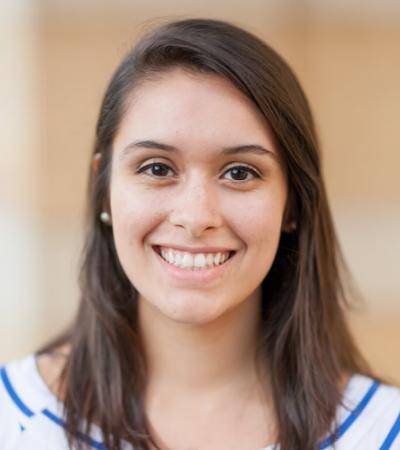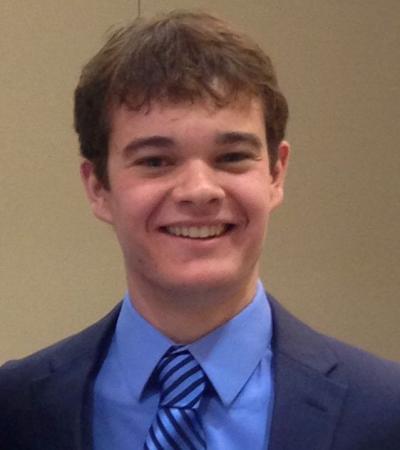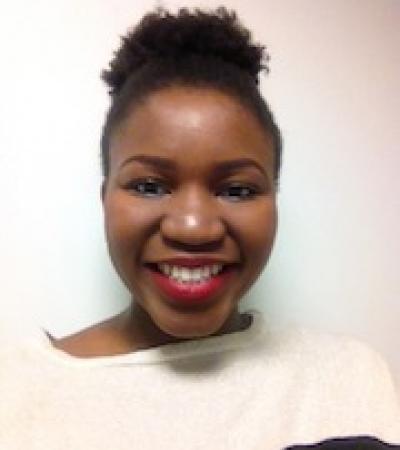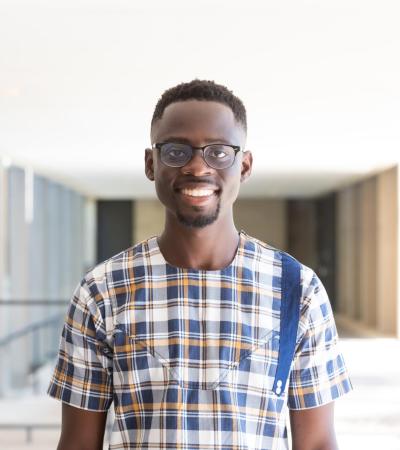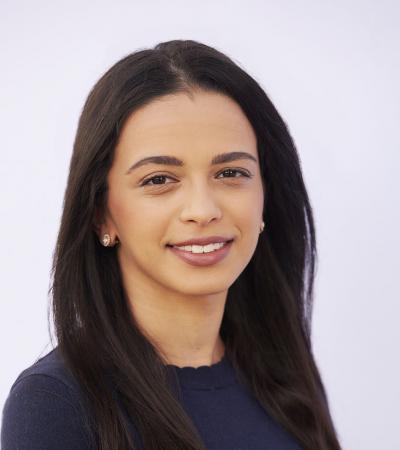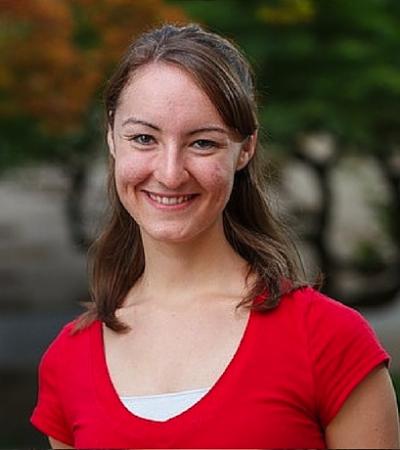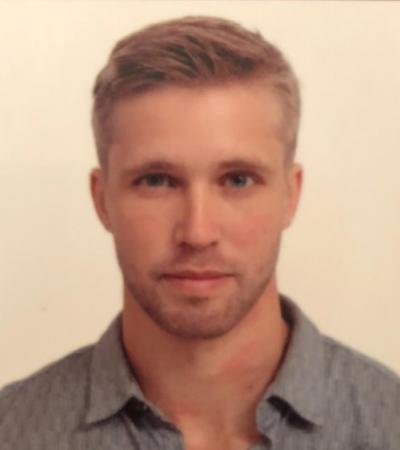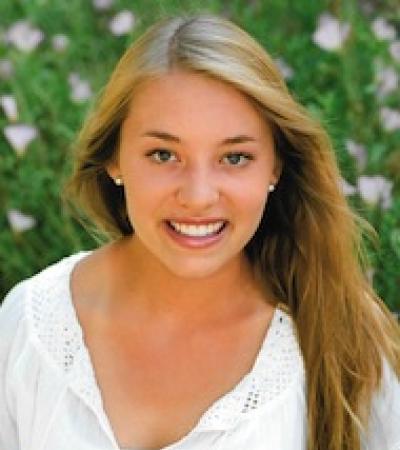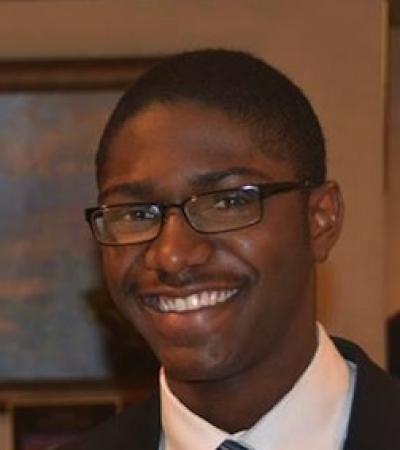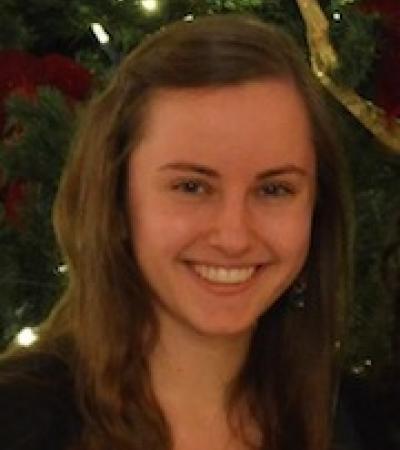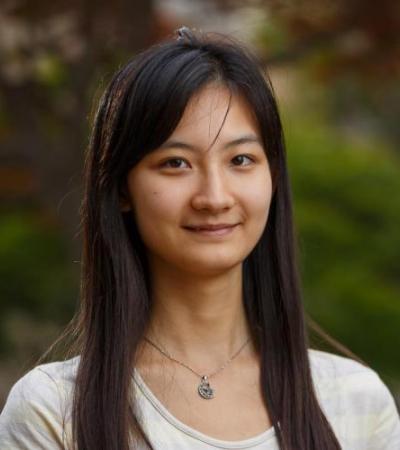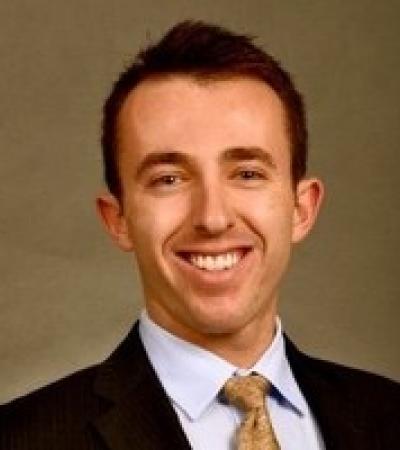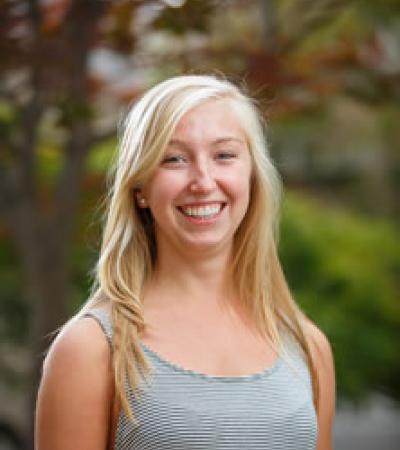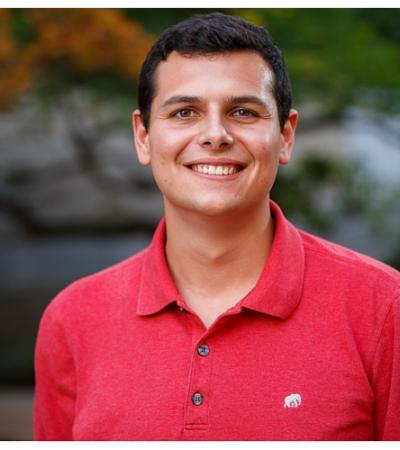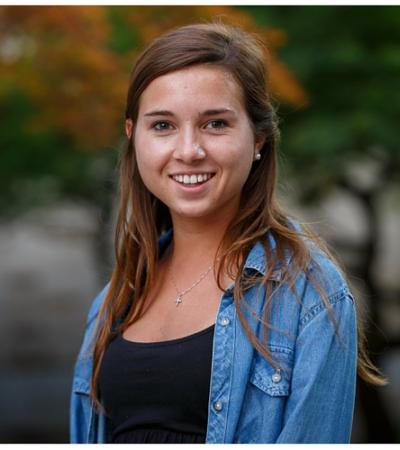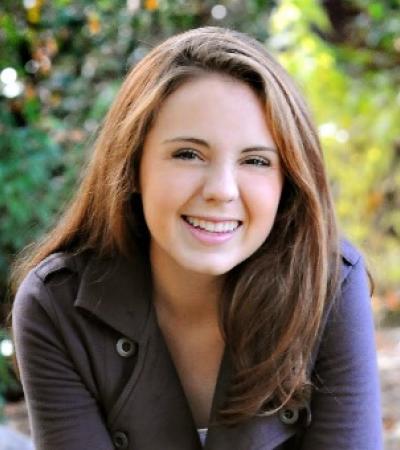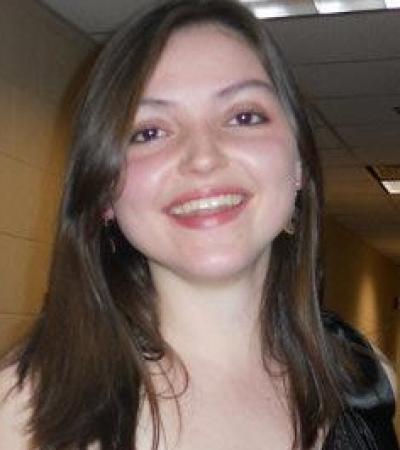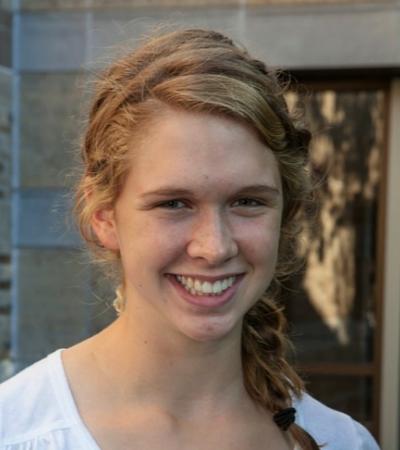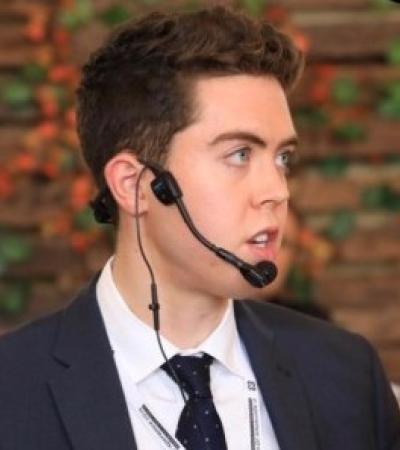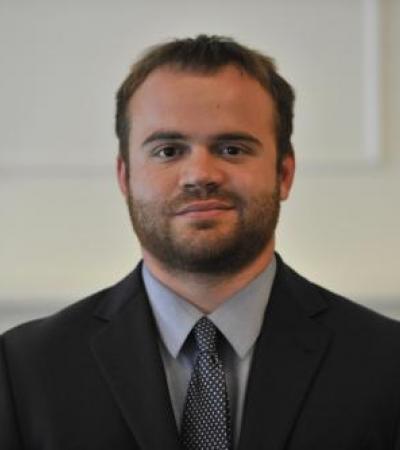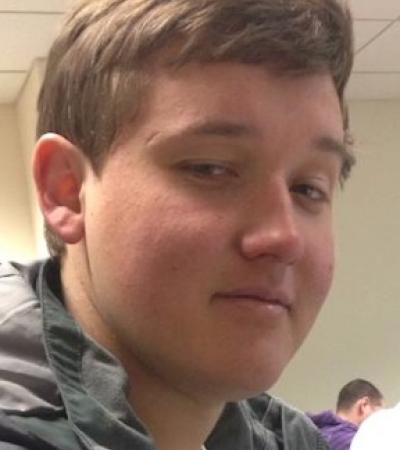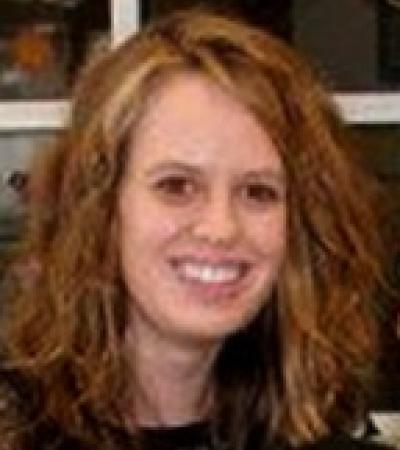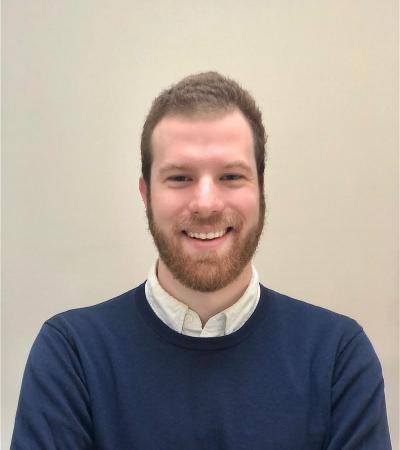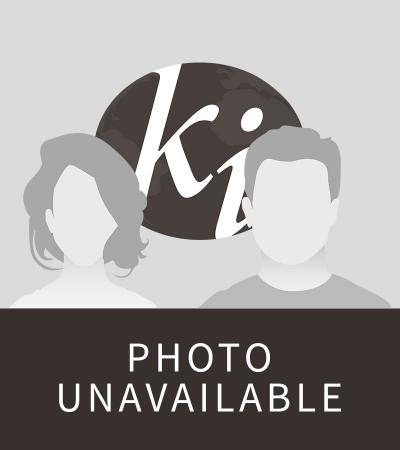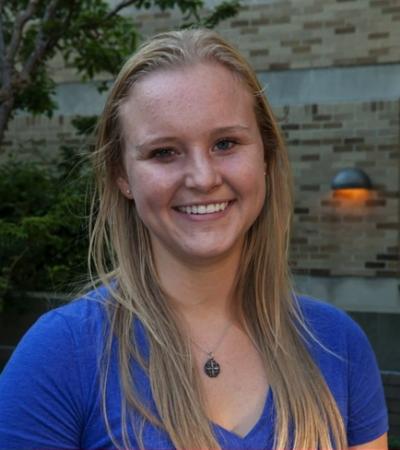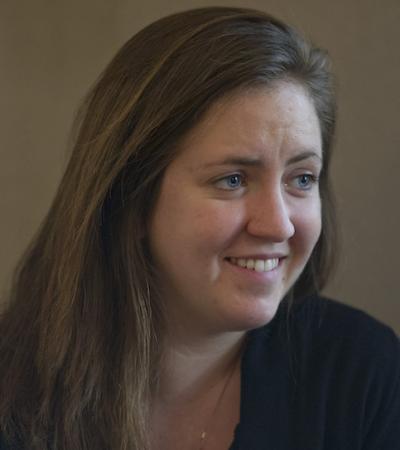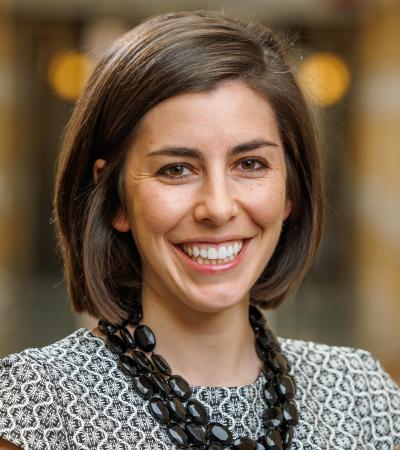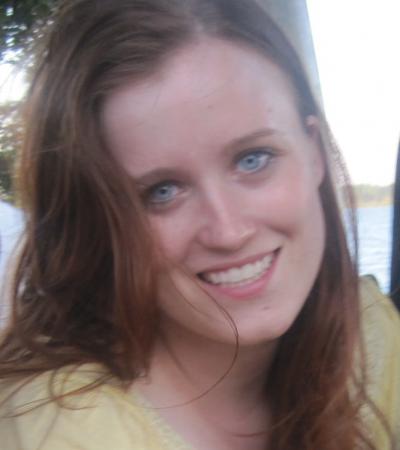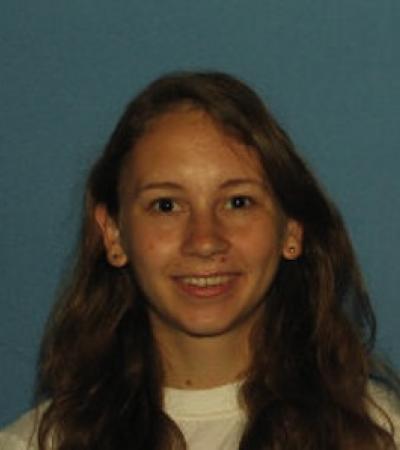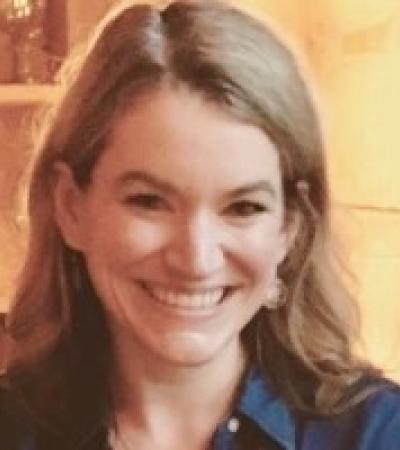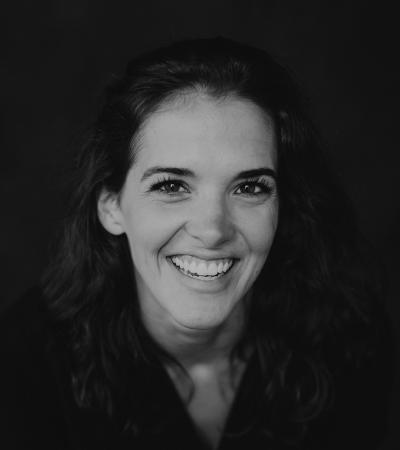Undergraduate opportunities
Experiencing the World Fellowships
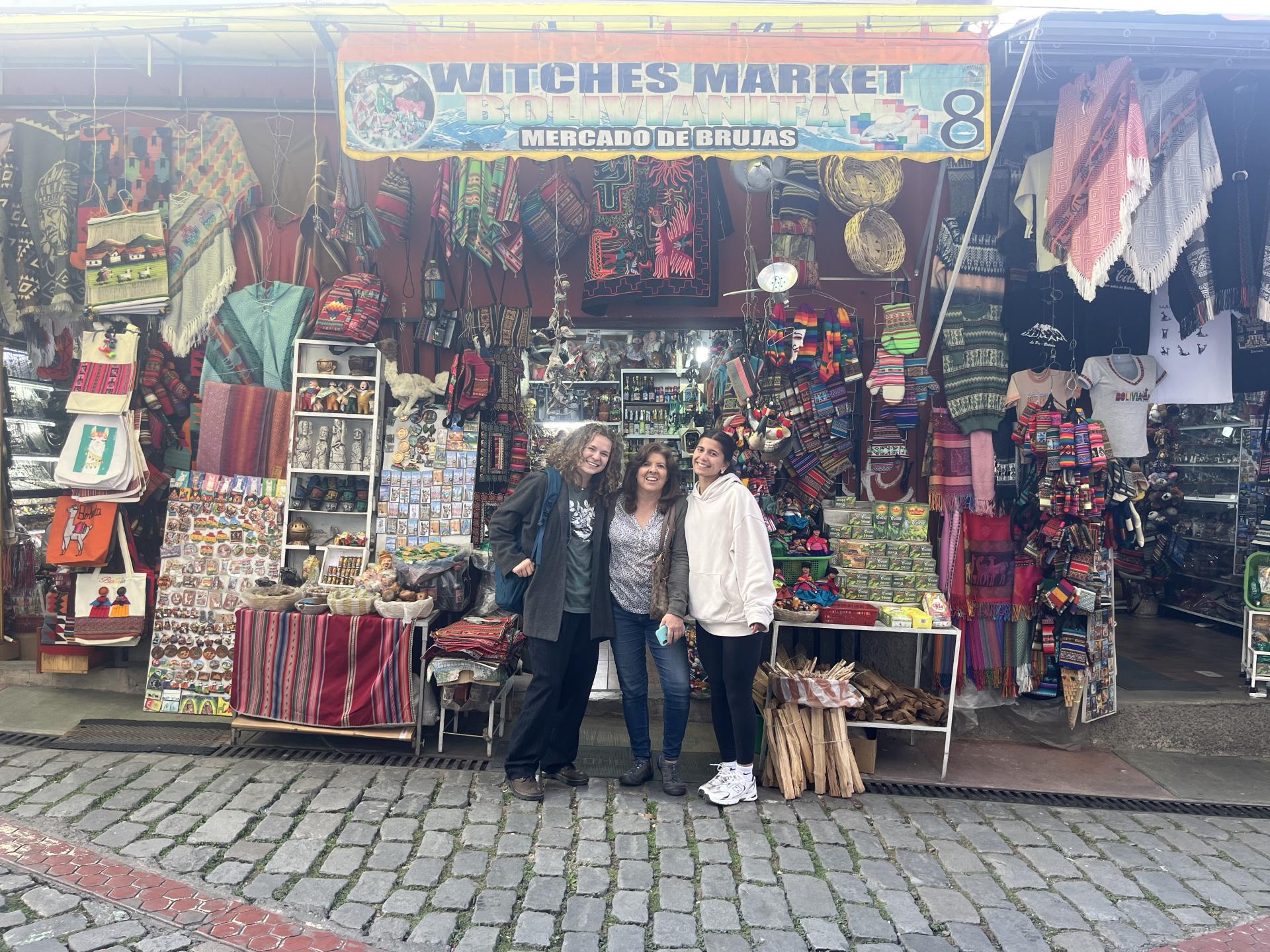
Conduct RESEARCH in Africa, Asia, and Latin America
Gain RESOURCES to prepare you and fund your research
Build RELATIONSHIPS with faculty and peers
The Kellogg Institute offers the opportunity for Notre Dame first years, sophomores and juniors to engage in initial exploratory projects in Africa, Asia, and Latin America. The award funds exceptionally qualified and committed undergraduates who seek to undertake innovative projects. These may include non-profit work, or research that will increase their commitment to and knowledge of one of the regions.

-
Description
-
Global Democracy ETW Fellowships - NEW
-
Global Democracy-Cordoba, Argentina
-
Global Democracy-Accra, Ghana
-
Eligibility
-
Application
-
Levels of Support
-
Organizations
-
Orientations
-
Forms
-
Pre-Departure
-
During the Summer
-
Reentry
The Kellogg Institute offers the opportunity for Notre Dame first years, sophomores and juniors to engage in initial exploratory projects in Africa, Asia, and Latin America.
The award funds exceptionally qualified and committed undergraduates who seek to undertake innovative projects. These may include non-profit work or research that will increase their commitment to and knowledge of one of the regions. Award recipients may receive up to $6000 to pursue field projects for up to three months in the chosen region.
Students interested in this award must justify their project as something that will substantially deepen and enrich their undergraduate experience and must show that this project is something that is otherwise not possible within existing Notre Dame programs. Student projects might include exploratory work for senior theses, area studies essays, or International Scholars research; collaborative research with a professor; work for a non-profit organization or NGO; or other creative forms of experiential education.
Students selected for the program will begin preparing for their summer experience through a series of orientations (see tab) with the Institute. Failure to attend orientations in full will result in cancellation of the award.
Why should I apply?
- Initiative. Flexibility. Creativity. Cultural awareness. Language ability.
- ETW Fellowships help students develop these skills, which are qualities employers and graduate schools look for in their applicants.
- ETW field experiences often lead to further research projects including capstone and senior theses.
As has been the tradition, students may participate in individual projects through this program as described above. New this year is the option below, which allows students to travel to predetermined sites in groups of 2-3.
New in Fall 2025 – Global Democracy ETW Fellowships
Students who are motivated to learn more about democracy worldwide can apply for a global democracy ETW fellowship. Opportunities to apply for work in human rights, gender empowerment and journalism are available to first years, sophomores and juniors. 2-3 students will be selected for each site in Argentina and Ghana. More information can be found on the corresponding tabs. Note that the application process and deadline are explained on the application tab. In place of a project proposal, applicants for this option will respond to two essay questions.
It is strongly recommended that students speak to an adviser at the Flatley Center for Undergraduate Scholarly Engagement (CUSE) for proposal advice. See http://cuse.nd.edu/ to learn the details.
All applicants applying for individual projects should meet with Rachel Thiel at least a month in advance of the deadline to ensure their proposal can be funded. It is in your very best interest to have this meeting before applying. Applicants applying for the global democracy fellowships are not required to meet with Rachel Thiel.
2026 Deadline: Monday, March 2
The Kellogg Institute is dedicated to the study of democracy and is particularly interested in fostering knowledge and experience in students to learn more about the state of democracy throughout the world. Students motivated to learn about this theme are encouraged to apply for the Institute’s new global democracy fellowships.
For each country below, 2-3 students from Notre Dame will be selected to work with an organization working in the listed areas. (Students will be paired with the organization that meets their interests and will not necessarily be placed at the same organization.) Students should apply for a specific country and, in their application, must explain how working in the area identified matches their academic interests. Students must also explain how working in this area will enhance their understanding of global democracy.
Students selected for these fellowships will participate in orientations as noted on our website. The fellowships will last 8 weeks with approximate dates of participation of May 31 - July 25, 2026.
Program Structure
Onsite Orientation - Weeks 1-2
During the first two weeks in each country students will get to know other students in their cohort and will acclimate to the country. Activities will be highly structured to provide guidance, support, and opportunities for reflection.
Activities will include
- Orientation and welcome activities to introduce students to the country, community, and program staff
- Guided reflections and discussions to help students process cultural differences, challenges, and learning goals
- Cohort-building exercises and team activities to strengthen collaboration and peer relationships
- Cultural engagement activities (e.g., language lessons, cooking workshops, community site visits)
- Weekend excursions that provide experiential exposure to local culture and context
- Project work to get to know site organizations and the work students will be doing
Weeks 3–8
- Students will transition into a more independent phase with a focus on applying skills, knowledge, and leadership to their projects.
Cordoba, Argentina - (click for more information)
Human Rights
Journalism
Accra, Ghana (click for more information)
Human Rights
Women’s empowerment
Legal Studies
Funding
Selected students will receive funding to cover flights, vaccines and spending money for extras. The Institute will cover the cost of participation in the program, which includes 2 meals a day and lodging.
Projects Abroad
For this program, the Institute partners with Projects Abroad, the world’s largest provider of international volunteering, internships and meaningful travel experiences. Projects Abroad has existed for over 30 years and all volunteer projects are designed to work toward United Nations Sustainable Development goals.
Cordoba, Argentina
Students applying for this fellowship may choose to work on one of the projects below:
Human Rights Fellowship
This fellowship provides students with a structured introduction to human rights and civic engagement initiatives in Argentina, combining academic reflection with applied field experience. Based in Córdoba, students will collaborate with the Projects Abroad Human Rights Office, local NGOs, and correctional facilities to promote awareness of civil, social, and economic rights and to empower vulnerable populations.
Core activities include researching and creating articles or reports on human rights topics, participating in community workshops and campaigns, facilitating awareness-raising activities, attending meetings and peaceful protests, and supporting initiatives that promote dignity, equality, and justice. The fellowship is designed to help students understand systemic challenges in Argentina.
Sample Day
- Morning: Conduct research, write reports or articles on human rights topics, and prepare materials for workshops or campaigns.
- Afternoon: Facilitate community workshops, awareness campaigns, or educational activities
- Evening: Relax with your host family, enjoy shared meals, and reflect informally on the day’s experiences.
Journalism
This fellowship provides students with a structured introduction to journalism and civic engagement initiatives in Argentina, combining academic reflection with applied field experience. Students will collaborate with FM 88.3 Radio Nativa to explore how media can strengthen democratic processes, support informed communities, and amplify underrepresented voices.
Core activities include conducting in-depth research on current affairs, politics, and human rights; participating in on-air discussions; conducting interviews to highlight diverse perspectives; producing content that fosters public awareness; and assisting with ad hoc tasks at the radio station. The fellowship is designed to help students understand the role of media in promoting transparency, accountability, and civic participation.
Sample Day
- Morning: Discuss topical stories, participate in radio talk shows, and conduct interviews to bring attention to social issues and civic concerns.
- Afternoon: Brainstorm story ideas, prepare interview questions, write scripts, or help update the station’s website to engage local audiences in democratic discourse.
- Evening: Students return to their host families, with time for cultural immersion, reflection, and discussions about governance, civil society, and civic responsibility.
Accra, Ghana
Human Rights
This fellowship provides students with a structured introduction to human rights work in Ghana, combining academic reflection with applied field experience. Based in Accra, students will collaborate with local human rights organizations, gaining hands-on experience in research, advocacy, and community outreach.
Core activities include identifying and monitoring human rights abuses, assisting with the resolution of cases, and conducting awareness campaigns. Interns will work on issues such as protecting children from abuse and trafficking, promoting the right to education, preventing child marriage, addressing domestic and sexual violence, advocating for disability rights, and supporting voter education.
Sample Day
- Morning: Participate in interviews with victims, attend court sessions, or conduct community outreach.
- Afternoon: Assist with domestic violence and victim support projects, plan educational campaigns, attend meetings, or help with community outreach and project planning.
- Evening: Return to host family accommodations, with time to relax and reflect.
Weekends offer opportunities to explore Ghanaian history, visit museums, or enjoy the beach and countryside.
Women’s Empowerment
This fellowship provides students with a structured introduction to journalism and media initiatives in Ghana, combining academic reflection with applied field experience. Based in Accra, students will collaborate with print and radio media outlets such as Daily Graphic and Finder, gaining hands-on experience in reporting, broadcasting, and media production.
Core activities include attending press conferences, conducting interviews, writing and editing articles, researching topical and international news, participating in on-air discussions (for radio placements), and assisting with ad hoc media tasks. The fellowship is designed to help students explore issues in politics, business, sports, and social affairs while developing practical skills in journalism, communication, and research.
Sample Day
- Morning: Travel to the media office, attend press conferences, conduct interviews, or research stories for print or radio placements.
- Afternoon: Write and edit articles, prepare broadcast scripts, assist with ad hoc media projects, brainstorm story ideas, and follow up on assignments.
-
Evening: Return to accommodations, with time to relax, reflect on the day, and explore local culture, including museums, street markets, or nearby national parks.
Legal Studies
This fellowship provides students with a structured introduction to legal practice in Ghana, combining academic reflection with applied field experience. Based in Accra, interns collaborate with local law firms and human rights organizations, gaining hands-on experience in legal administration, client interaction, and courtroom observation.
Core activities include conducting administrative legal tasks, attending court sessions, assisting clients, and supporting human rights projects. Interns gain exposure to a wide range of cases, including constitutional law, family and custody disputes, probate, landlord/tenant issues, criminal law, property, contracts, employment, and personal injury. Additional opportunities may involve conducting in-house seminars, assisting with advocacy and outreach, or participating in community-based dispute resolution.
Sample Day
- Morning: Begin at the office with administrative tasks such as drafting legal documents, conducting research, and registering new cases; accompany lawyers to court or assist with client interviews.
- Afternoon: Continue administrative duties, attend court, follow up on client cases, or assist with human rights projects.
- Evening: Return to accommodations with time to relax. Weekends offer opportunities to explore Accra’s restaurants and nightlife, hike nearby trails, visit beaches, or explore nature reserves.
Eligibility
Students interested in this award must meet the following criteria:
- Be a first year, sophomore or junior.
- Have a GPA of 3.0 or higher.
- Have taken at least one course at Notre Dame related to the proposed region of the project and/or demonstrate prior interest in the region.
- Demonstrate adequate language skills to carry out the proposed project.
- Applications should indicate how the proposed project will deepen the student's exposure to Africa, Asia, or Latin America and contribute to the student's long-term plan of study.
All students planning to apply for an Experiencing the World Fellowship should meet with Rachel Thiel to ensure that their proposal idea meets the requirements of the fellowship. It is in your very best interest to have this meeting before applying.
Students selected for the program will begin preparing for their summer experience through a series of orientations with the Institute. Failure to attend orientations in full will result in cancellation of the award.
Upon their return, each recipient will submit a detailed report of approximately 1,000 words which evaluates the challenges and rewards of pursuing the field project and which discusses how the experience informed their understanding of the region. Recipients may be invited to make a public presentation on their field experience and talk to other students interested in applying in the future.
For questions about this program, please contact Senior Program Manager Rachel Thiel (rthiel@nd.edu/1-4846).
Application Process
All applicants for individual projects should meet with Senior Program Manager Rachel Thiel several weeks before the deadline in order to verify that their proposed project and country site could be supported by the Kellogg Institute. It is in your very best interest to have this meeting before applying. Applicants applying for the global democracy fellowships are not required to meet with Rachel Thiel.
To apply for a Kellogg Institute ETW Fellowship, please go to the online application page. You can login to the application system using your Notre Dame credentials. Before sending questions to the program administrators, please open the application and review.
The application for individual projects consists of the following:
- A project proposal (no more than three pages, 12 pt. font, double-spaced). The project description should include details about your proposed work during this time, the length of time you intend to spend on the project and an explanation of how the project fits with your long-term academic goals.
- Organization Information (If you intend to work with a specific organization, please include the organization name.)
- Proposed travel itinerary and schedule
- A detailed budget for anticipated expenses incurred during the fellowship period, including travel, food and lodging, and other expenses. Please include a budget justification sheet to explain expenses in detail, including flight itineraries (if you have them), materials, etc.
- A letter of recommendation from a faculty member who is committed to overseeing the project and has thoroughly read your proposal. The system will ask for the name and email address of the person whom you have asked to write a letter of recommendation. Please request the letter from your faculty recommender several weeks ahead of the deadline, and please inform him/her that the email will come from Submittable.
-
An e-transcript (see information regarding how to request an e-transcript.) Applicants must request their e-transcript by 4:00pm at least two business days before the deadline in order to upload it into the application system on time.
The application for global democracy fellowships consists of the following:
-
Answers to the following two essay questions:
- Essay 1 - Please write an essay explaining why you are interested in learning more about global democracy. This explanation should include any relevant experiences and courses you have had and how you intend to implement what you learn in your studies. The essay should be no more than one page in length.
- Essay 2 - In an essay of no more than 2 pages, please explain why you have selected the particular country and work that you have chosen for this fellowship. Your essay should include any relevant experiences and courses you have had. If you have chosen Argentina, please also explain how your Spanish language abilities will help you to do this work.
- A letter of recommendation from a faculty member who should be able to explain the skills that you have that will allow you to succeed at the site that you have selected and the work that you have chosen to do. The system will ask for the name and email address of the person whom you have asked to write a letter of recommendation. Please request the letter from your faculty recommender several weeks ahead of the deadline, and please inform him/her that the email will come from Submittable.
- An e-transcript (see information regarding how to request an e-transcript.) Applicants must request their e-transcript by 4:00pm at least two business days before the deadline in order to upload it into the application system on time.
2026 Deadline: Monday, March 2
Levels of Support
Funding is available for a variety of project costs, including research materials and assistance, as well as travel. Individual awards will not exceed $6,000, and proposals will be considered for any amount below this figure. Applicants are required to notify the Kellogg Institute of any funding received from another source; in some cases the Program may adjust the amount of its award. Undergraduates are eligible for only one ETW Fellowship.
Questions about the program and status of an application should be submitted to Senior Program Manager Rachel Thiel at 631-4846.
Organizations
The Kellogg Institute for International Studies supports undergraduate research in Africa, Asia, and Latin America, related to the Kellogg research themes of democracy and human development. Students can apply for an Experiencing the World (ETW) Fellowship and/or Kellogg/Kroc Undergraduate Research Grant to receive training, funding, and reentry support.
In some cases, applicants for the above programs are expected to work with a host organization, which requires students to make contact with the organization where they would like to intern or do research. Students should work closely with the organization to develop a work plan.
Note: All applicants should meet with Rachel Thiel at least one month in advance of the deadline to ensure that the organization, site, and plan proposed will meet Kellogg guidelines.
To see a full list of possible sites, click here.
The Kellogg Institute supports undergraduate students each summer to gain research, language and internship experience in the developing world. Kellogg's international programs seek to deepen students' understanding of their academic programs by giving them real world experience in the field. Students selected for Kellogg programs participate in several mandatory pre-departure orientations to help fully prepare them for their time abroad. Host organizations provide pre-departure materials and in-country orientations upon students' arrival at host sites.
While training is a significant pre-departure aspect of Kellogg's international programs, reentry programming is equally important. Kellogg faculty and staff seek to support students' reentry by helping them integrate their field experience into their academic program as well as their personal and professional development.
Dates for spring 2026 mandatory orientations for ETW are as follows:
-
Requirements Orientation
Wednesday, April 8, 6:30-8:30pm -
Culture and Safety Orientation Part 1
Tuesday, April 14, 6:30-8:30pm -
Culture and Safety Orientation Part 2
Wednesday, April 29, 6:30-8:30pm
Attendance of these orientations in full is required for all students who choose to accept Kellogg Institute funding.
Failure to attend orientations in full will result in the cancellation of the award.
Note: Students who are abroad in the spring will be expected to complete a series of written orientations in order to participate in the program.
Forms and Information
Several forms required for your international program are provided below.
Pre-Departure
Program Checklist - international sites
Explanation of Required Documents - international sites
International Workbook
Travel Insurance
The University of Notre Dame requires that you have insurance through GeoBlue. More information is available at www.geobluestudents.com.
Smart Traveler Enrollment Program
Enroll in STEP (U.S Department of State Smart Traveler Enrollment Program). STEP is a free service to allow U.S. citizens/nationals traveling abroad to enroll with the local US Embassy or Consulate; a Smart Traveler app is also available. Non-US passport holders should leave the passport field blank when registering, and contact their home country’s government to learn about available additional support.
For Students Currently Abroad
Orientation Worksheet
Country Specific Questionnaire
Reentry
Forms should be submitted to Kellogg through Submittable.
(Log in to submittable and you will see the "Additional Forms" with your submission. Forms are due August 15, 2025 at 11:00pm)
Tips for Returning Home
Explanation of Follow-up Reports
Expense Report
We have provided these web resources to help you prepare for your time in the field.
Suggested Readings
The following articles, books and materials are suggested readings that you might do before, during, and/or after you are abroad to reflect on your summer experience. The Kellogg Institute has provided you with a journal that you might use to reflect on these readings.
Donahue, Bill. 2001. “My Virtuous Vacation.” From Mother Jones.
Feinberg, Ben. 2002. “What Students Don’t Learn Abroad.” From Chronicle of Higher Education.
Iyer, Pico. (March 18, 2000). “Why We Travel.” Published at Salon.com
Illich, Ivan. (April 20, 1968). “To Hell with Good Intentions” Speech.
“What’s Up With Culture.” University of The Pacific
Reasons for Success: Learning from Instructive Experiences in Rural Development
By Norman Uphoff, Milton J. Esman, Anirudh Krishna (Kumarian Press, 1999)
Resources for Women Traveling Abroad
Her Own Way: Advice for the Woman Traveler: The Canadian Consular Affairs Bureau provides information about security, packing, culture shock and more in this article for women travelers.
JourneyWoman: An on-line travel resource for women.
"Sexual Harassment And Prevention In College Students Studying Abroad" (SAFETI On- Line Newsletter) The SAFETI On-Line Newsletter addresses issues of safety in study abroad.
This article explores how women can minimize their risk of being sexually harassed while traveling abroad.
U.S. Department of State's Tips for Women Traveling Abroad Alone: Advice from the branch of the U.S. government responsible for the welfare of U.S. citizens abroad.
Transitions Abroad: Women Travel Abroad: A great collection of first-hand articles, web sites and agencies by this award-winning, respected travel magazine.
Mental Health Resources for Notre Dame Students Abroad
University Counseling Center - Self-Help: Resources curated by the University Counseling Center to help you learn about and navigate struggles common to college students.
Responsibilities While Abroad
Notify Holly and Rachel when you arrive at your site
Within a day of your arrival in the country, please notify Holly Rivers and Rachel Thiel via email that you have arrived safely.
Update Kellogg at least every two weeks
Even if internet access is limited at your site, please update Holly and Rachel at least every two weeks while you are abroad. In your emails, be sure to discuss what you are doing, the challenges you are facing, etc. These updates do not have to be extensive, but they help inform us as we communicate with parents and administrators about your well-being. They also help us determine if we will use your experience on the web or in other future Kellogg publications. You may opt to copy Holly and Rachel onto emails you are sending to family and friends instead of sending separate emails.
Journal and Readings
Journals have been found to be extremely beneficial to students while living and working abroad. You have been provided with a journal and several questions to be addressed over the course of the summer. Please note that links to a few readings have been provided on the pre-departure tab to offer you some material to help you reflect on your experiences.
Send photos to Kellogg (To be used on the web and in KI publications)
If you cannot send photos while abroad, please be sure to submit them upon return. (This is your chance to make it into a brochure or presentation!) We also use these photos to show our donors how their funding is being used for this program.
A note about photography
Everyone wants to bring back photos of the people and places from their experiences. Please, however, remember to be sensitive of others when taking photos. Before taking photos of others, please ASK if it is ok. Think about how you would feel having photos taken of you as you go about your daily life in the United States and consider how you would like to be approached by those wanting to take photos of you.
Emergency Information
We hope that your trip will be a safe and enjoyable one but we recognize that sometimes incidents happen. If you are involved in an incident such as a theft, attack, sexual assault or any other event that affects your personal safety, you are expected to contact Holly Rivers and Rachel Thiel as soon as possible. Where applicable, students should first address the situation with the program personnel at their organization before contacting Holly and Rachel.
In case of emergencies during business hours (8:00 am-5:00 pm) Monday - Friday, you should contact Holly Rivers at + 1 (574) 631-6023 or Rachel Thiel at +1 (574) 631-4846. Outside of business hours, please call Holly on her cell phone.
If no one can be immediately reached, contact the ND Security Emergency Hotline.
+1 (574) 631-5555 (24 Hours/7 Days). Please leave your name, program affiliation (Kellogg), security status, location, and contact information.
Notre Dame Global provides many resources regarding health, wellness, safety and security while traveling abroad in the Travel and Safety section of their website. Please carefully review their website. Below are a few selected resources for your reference.
GeoBlue International Health Insurance
Global Health and Safety:
Inside the U.S.: (800) 257-4823
Outside the U.S.: +1 (610) 254-8771 (collect calls accepted)
Email: globalhealth@geoblue.com
Customer Service:
Inside the U.S.: (844) 268-2686
Outside the U.S.: +1 (610) 263-2847
Reporting a sexual assault
Speak up! Review your options and receive guidance.
Work with your passport-affiliated embassy to learn more about reporting to local law enforcement while abroad; laws are different and the consequences of reporting can be severe.
Confidential Resources:
GeoBlue Insurance offers 24/7 confidential assistance for both physical and mental health needs.
Web Resources for Survivors of Sexual Assault
Title IX/Sexual Assault Resources
Support Options
Reporting an incident online
Travel safety – in an emergency
Call your 911 in-country equivalent.
Call NDPD 24/7 at +1 574 631-5555.
Contact your local embassy or consulate.
Contact your emergency points of contact for your program: Holly Rivers and Rachel Thiel
Thinking Ahead
Even if unlikely, you should mentally prepare for the possibility that something could happen to you by thinking through or researching how to respond. There are a few general rules of reaction for any incident you may face:
- Remain as calm as possible.
- Comply with all demands.
- Trust your instincts.
- Get to a safe place as soon as it is safe to do so.
- Respond to all safety check-ins from Notre Dame.
- Communicate to your loved ones that you are safe.
- Read all Smart Travel Enrollment Program (STEP) alerts.
- Monitor local and breaking news for updates.
Welcome Back to Campus!
If you are looking to return overseas for study, but want someone else to pay for it, you should apply for one of the many scholarship programs available for recent university graduates: Rhodes, Marshall, Fulbright, etc. Visit the Flatley Center for Undergraduate Scholarly Engagement in Bond Hall, for more information or see their website at cuse.nd.edu.
There are also many programs and organizations with resources online. Here is a sampling of some of them:
- BUNAC (work programs in Britain)
- Council on International Educational Exchange work opportunities
- Cultural Vistas
- English language teaching (TEFL)
- EnLAce (Electronic Network for Latin American Careers and Employment)
- Rotary
- Peace Corps
Tips for Returning Home
Read about Reentry & Reverse Culture Shock-The more you know, the better prepared you will be to deal with it!
- SIT Reentry Toolkit (World Learning)
- Returning Home from Study Abroad (Middlebury College)
If you would like your family to better understand what you are going through when you return home, you might also share the following resource from World Learning with them:
https://studyabroad.sit.edu/documents/studyabroad/Readjustment-Manual-for-Parents.pdf
Counseling Center - If you find that you are in need of a little extra help processing your summer experience, counselors are readily available to help you at the University Counseling Center. The center staff can be reached at 574-631-7336 or ucc.nd.edu/
If you would prefer to talk to a counselor outside of the counseling center, you can have a confidential and free consultation with a professional counselor through the UCC talkline. No appointment or paperwork is required.
Returning From Abroad
For students returning from study abroad as well as international internships, language study and research experiences
A large number of Notre Dame students travel abroad each year through internships, research and language grants, and study abroad programs. The Institute seeks to connect ND students to academic opportunities that will allow them to further explore their experiences abroad. Classes, grants, and conferences are all available to offer students the chance to deepen their understanding of the world and open avenues to graduate school and careers beyond Notre Dame.
ND Academic Opportunities
Funding
(See websites for eligibility and application requirements.)
Grants and Fellowships
Flatley Center for Undergraduate Scholarly Engagement
Kellogg/Kroc Research Grants
Gender Studies Research Grants
Honors Program Research Grants
European Research and Travel Grants
Language Grants
Summer Language Abroad Grants
Asian Summer Language Grants
German Language and Literature Summer Language Study Abroad Stipend
Conferences
Personal Development
Writing and Photography Opportunities
Marketing Your International Experience
International Resources in South Bend
Better World Books
Just Goods
Ten Thousand Villages
Post-graduate Opportunities and Fellowships
Fellowships
Flatley Center for Undergraduate Scholarly Engagement
Careers
Service Opportunities
RECIPIENTs






